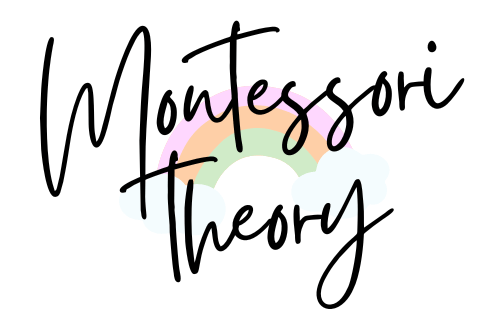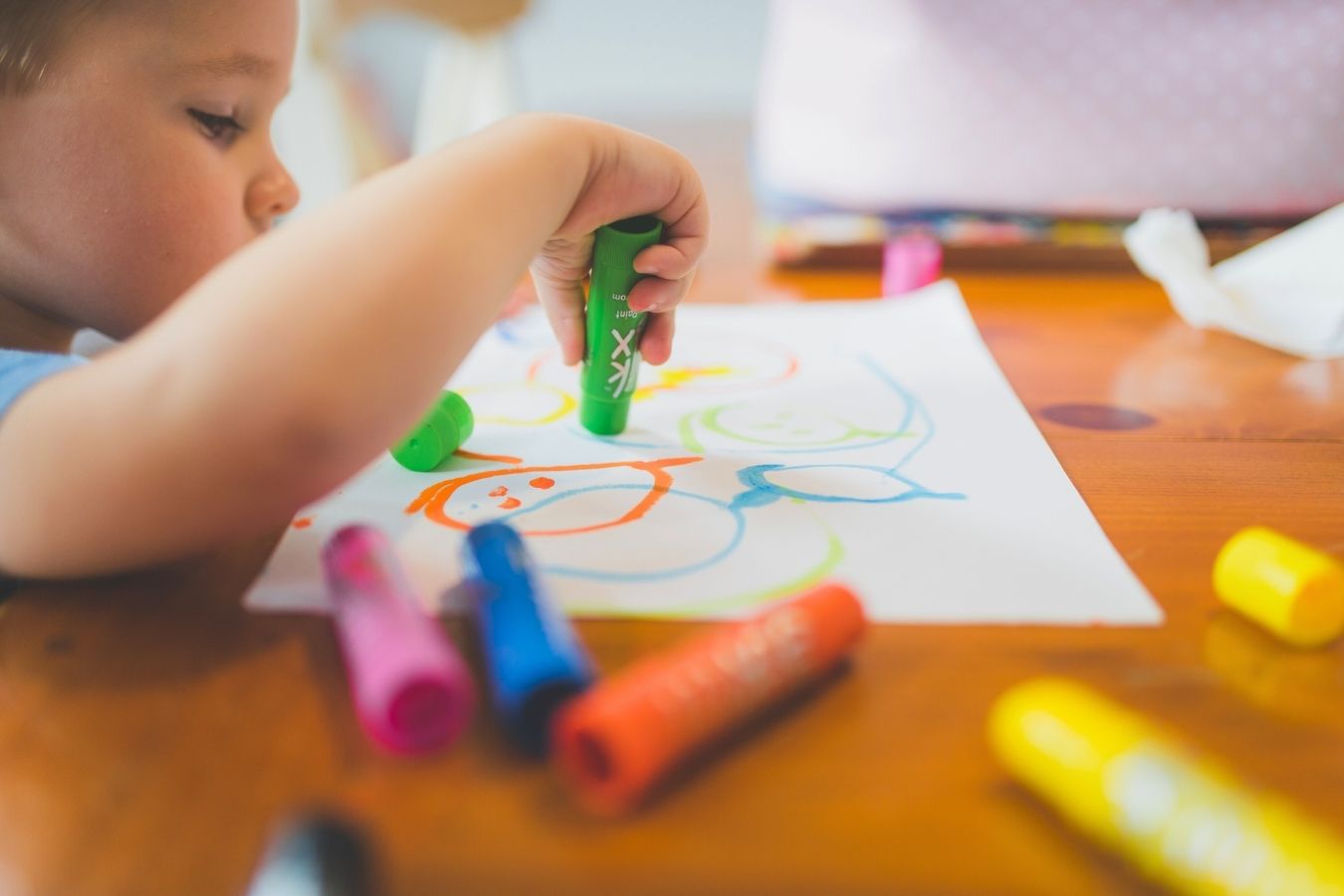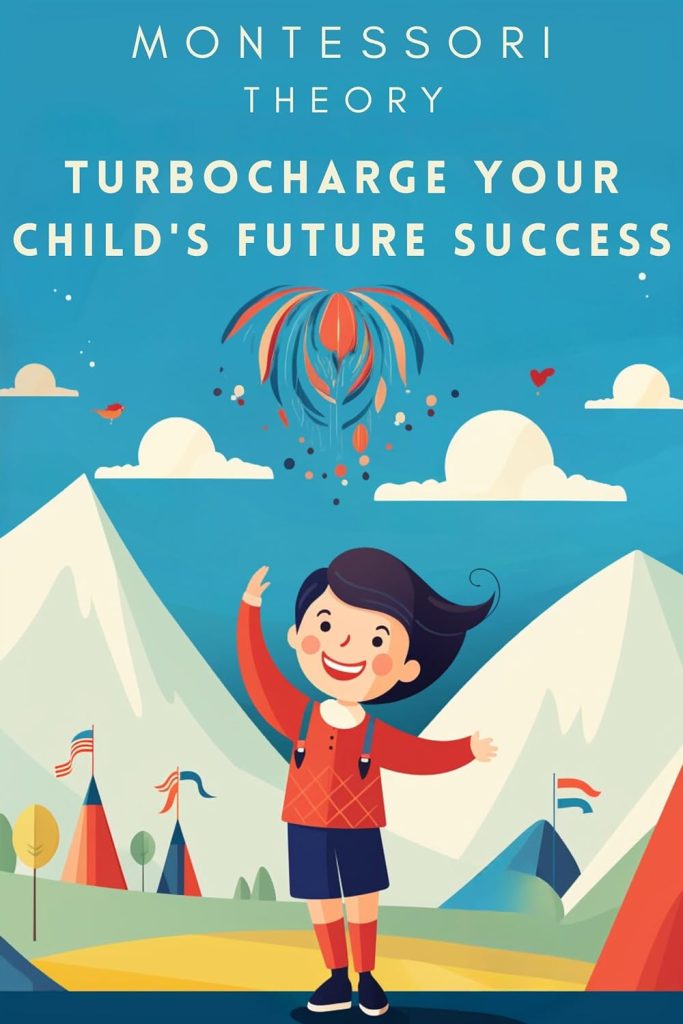Amid an innovation-prized era, traditional education systems are curbing children’s creative spirits, a paradox that demands scrutiny and action. This conflict poses a significant challenge as we navigate an increasingly complex world that values originality and problem-solving. The current educational landscape, with its deep-rooted emphasis on standardization and compliance, seems misaligned with the imperative to foster creative thinkers who can thrive in and contribute to the 21st century.
Structural Rigidity and Standardization
The foundation of traditional schooling is built upon uniformity and standardization. Originating in the industrial revolution’s wake, this education system was designed to churn out efficient, repetitive task performers. Such a model, deeply entrenched in conformity and strict standards, inherently sidelines creative thought and unique ideas in favor of rote memorization and information regurgitation.
The rigidity of this approach stifles personal expression, critical thinking, and exploration—crucial elements for nurturing a creative mind. This environment not only limits students’ ability to develop their creative faculties but also diminishes their enthusiasm for learning, as the joy of discovery and innovation is often overshadowed by the pressure to conform.
Overemphasis on Testing and Performance Metrics
The modern education system’s fixation on standardized testing and performance metrics amplifies creativity’s suppression. With schools under heavy pressure to hit benchmarks, the focus narrows to test scores, relegating creative pursuits and subject exploration to the sidelines.
This relentless pursuit of quantifiable success not only undermines the importance of creative disciplines but also instills a fear of failure in students, deterring risk-taking and outside-the-box thinking. The consequence is a learning environment that prioritizes memorization over meaningful learning, where students are taught to value correct answers over creative processes, leading to a diminished capacity for innovation and critical thought.
Limited Exposure to Creative Subjects
Tight budgets and the prioritization of academic performance have led to a reduction in creative subjects within school curricula. Cutting back on art, music, and drama at an early stage robs children of the chance to explore diverse expression modes and thought processes.
Deprived of these opportunities, students miss out on developing critical skills such as empathy, imagination, and innovative problem-solving. The marginalization of these subjects not only reflects a narrow understanding of education’s purpose but also deprives students of the holistic development essential for navigating the complexities of modern life.
A Culture of Compliance Over Creativity
In traditional classrooms, compliance often overshadows creativity and inquiry. The prevailing dynamic rewards students for following instructions and adhering to rules, rather than encouraging them to question or seek alternative solutions.
This culture not only dampens natural curiosity and experimentation but also reinforces conformity over creative expression, vital components of the creative process. Such an environment stifles the development of independent thought and the willingness to challenge existing ideas, qualities that are indispensable in fostering innovation and progress.
Creativity Beyond the Classroom’s Conventional Boundaries
Despite these obstacles, there’s an increasing acknowledgment of creativity’s role in education. Calls for reform are growing louder, advocating for the incorporation of project-based learning, greater arts integration, and teaching methods that promote questioning and exploration.
It’s clear that a reimagined approach to education, one that values and nurtures the creative capacities of all students, is not just beneficial but necessary. By broadening the scope of what is considered valuable knowledge and how it is acquired, we can begin to cultivate an educational ecosystem that thrives on curiosity, innovation, and adaptability.
Reimagining Futures With Creativity At The Heart Of Education
The traditional education system, while laying down the learning foundation, increasingly appears to restrict children’s creative growth. As the world evolves, demanding more creative and innovative thinkers, so too must our educational approach transform. Embracing change and elevating creativity as a core educational value are imperative. By doing so, we prepare our youth to tackle modern complexities and contribute to a more vibrant and innovative future, ensuring they are not just survivors in this world but active shapers of tomorrow.


